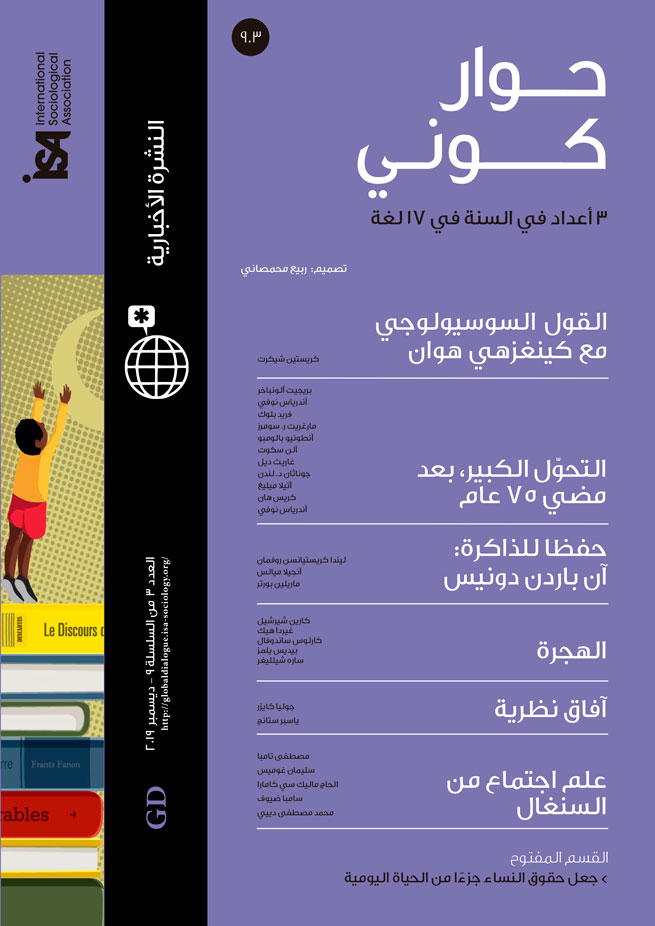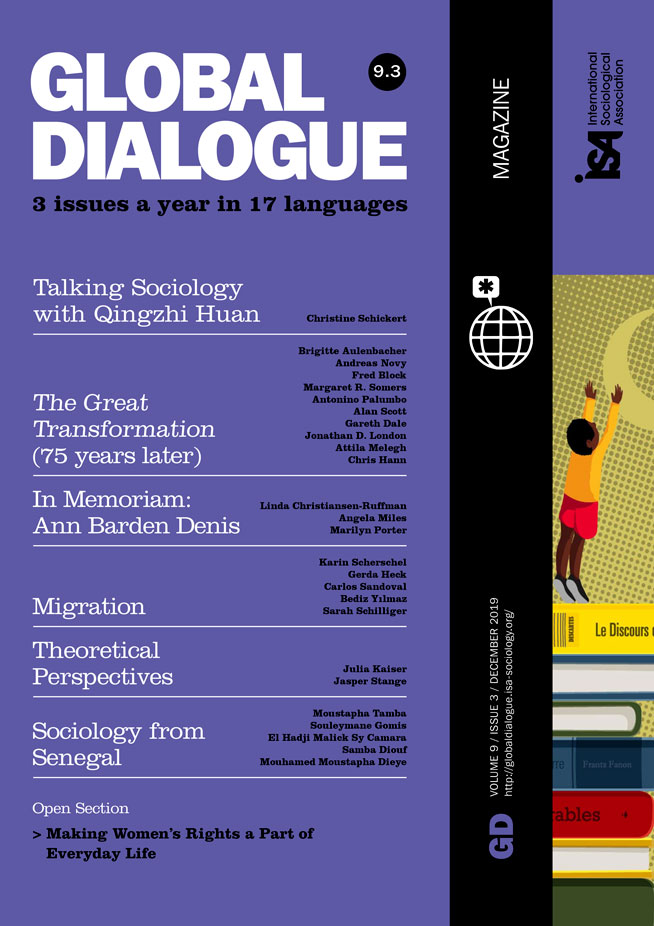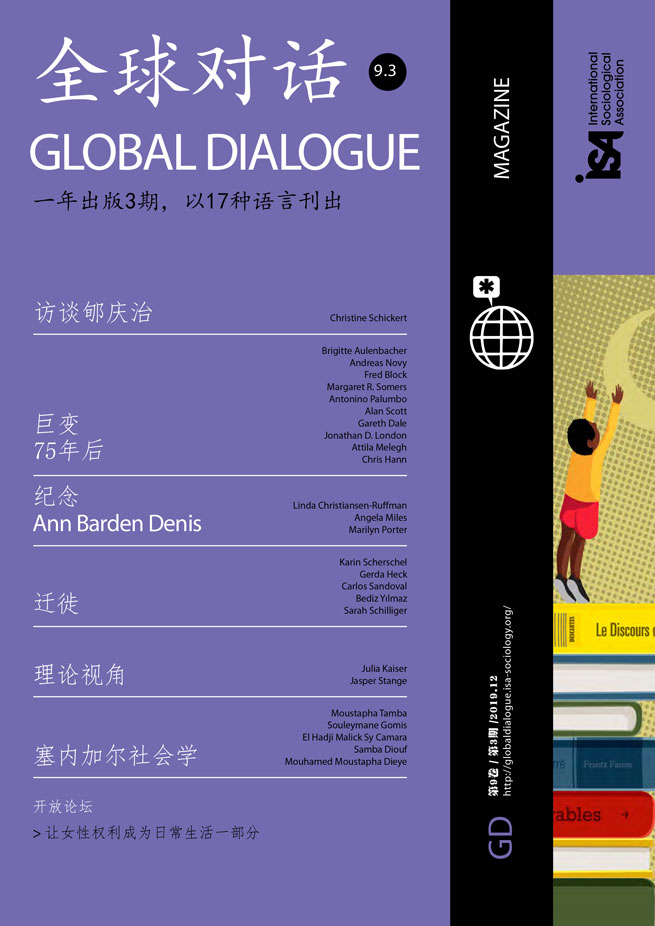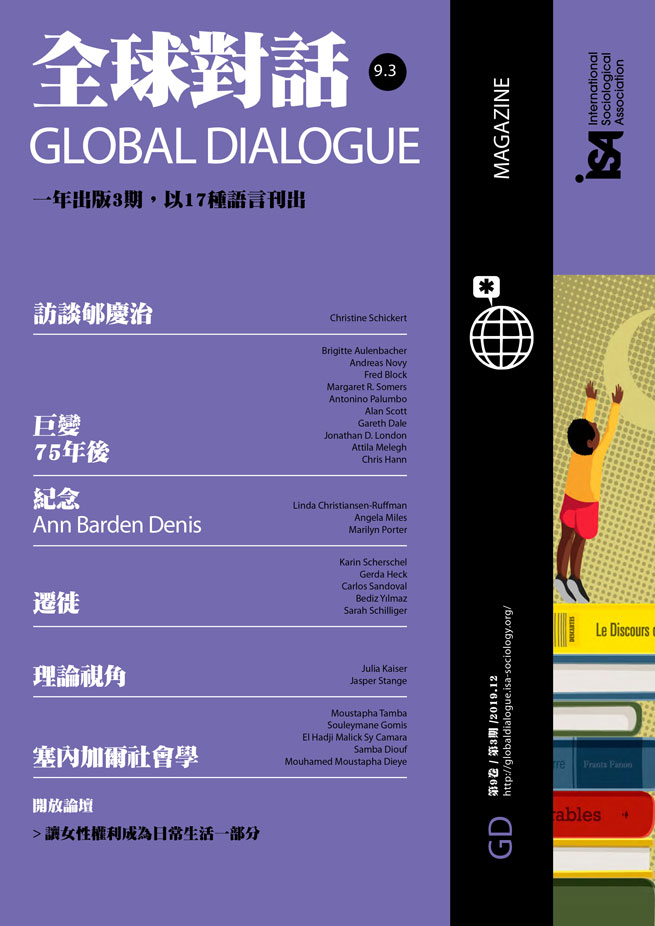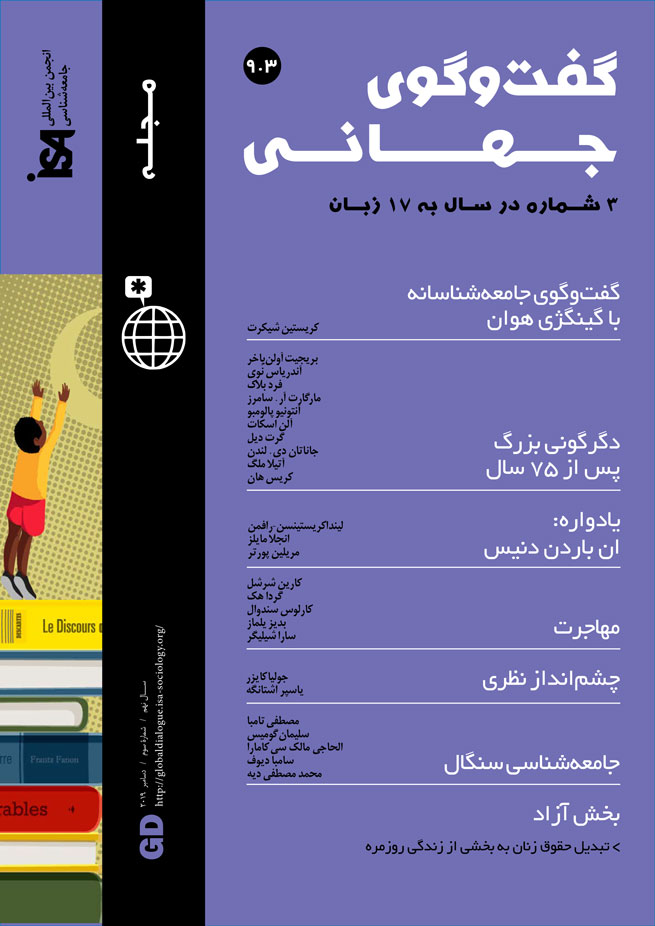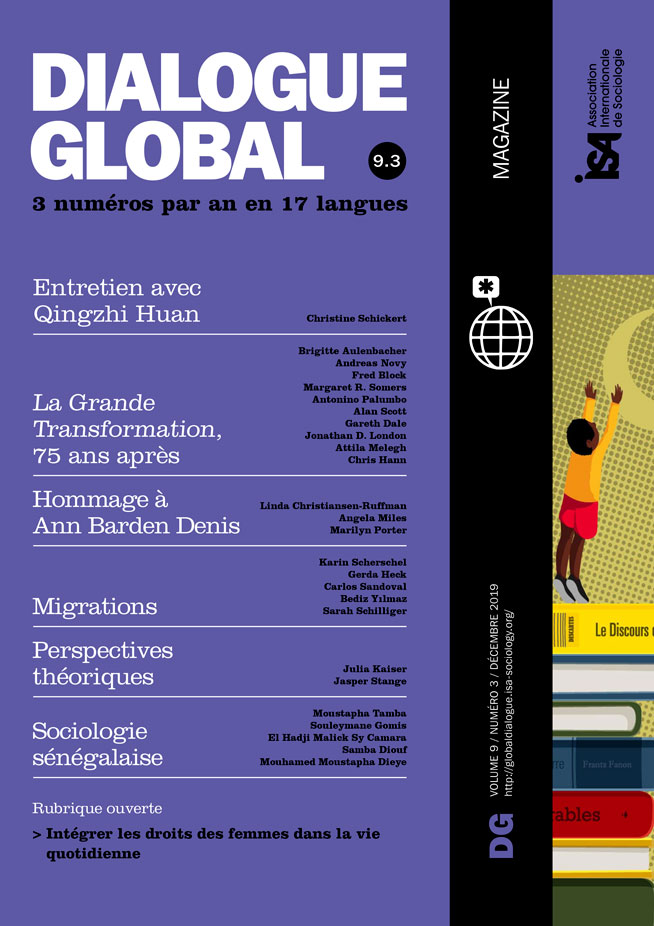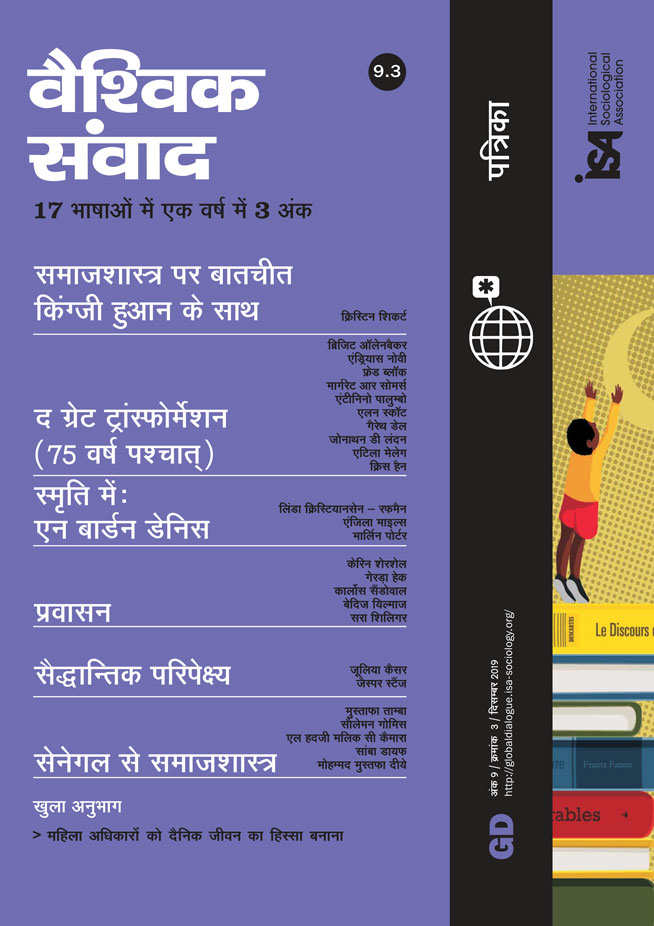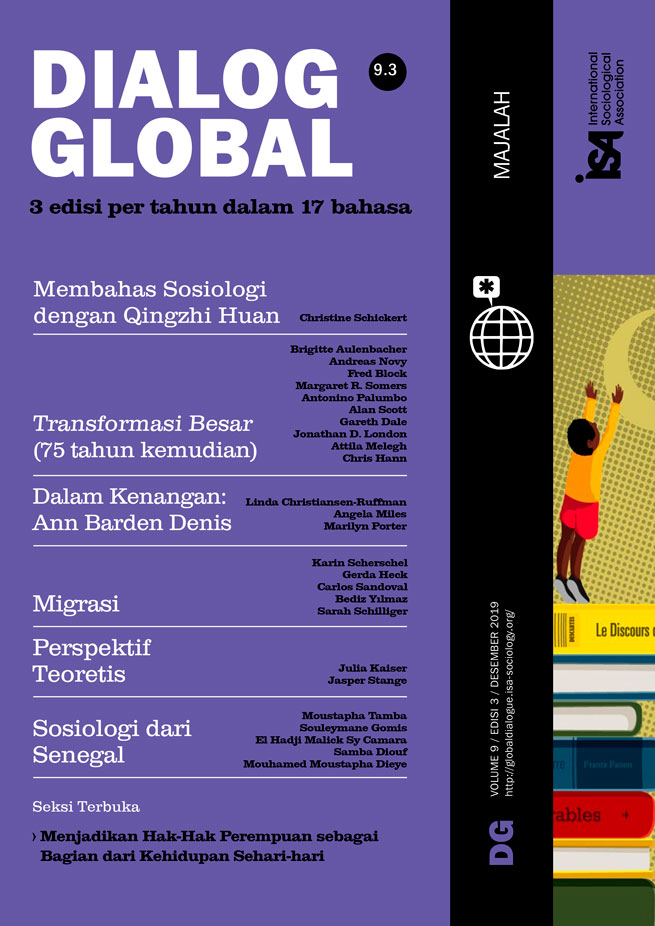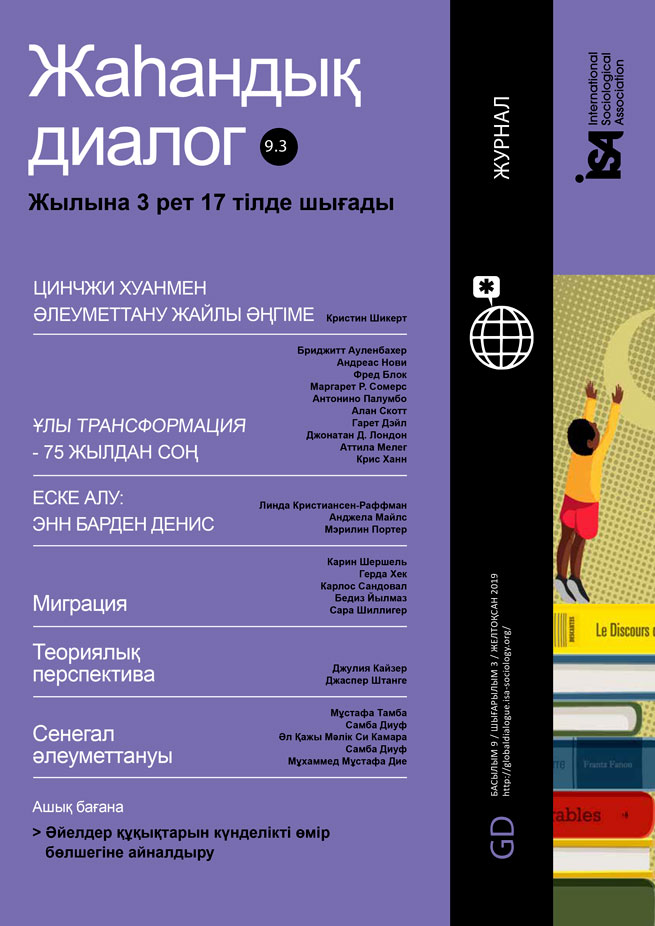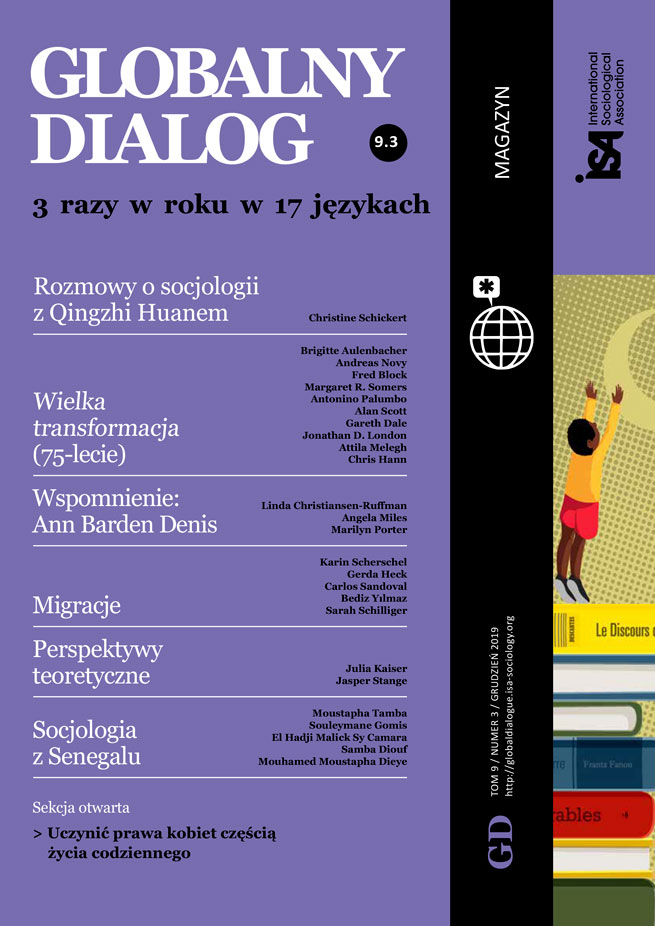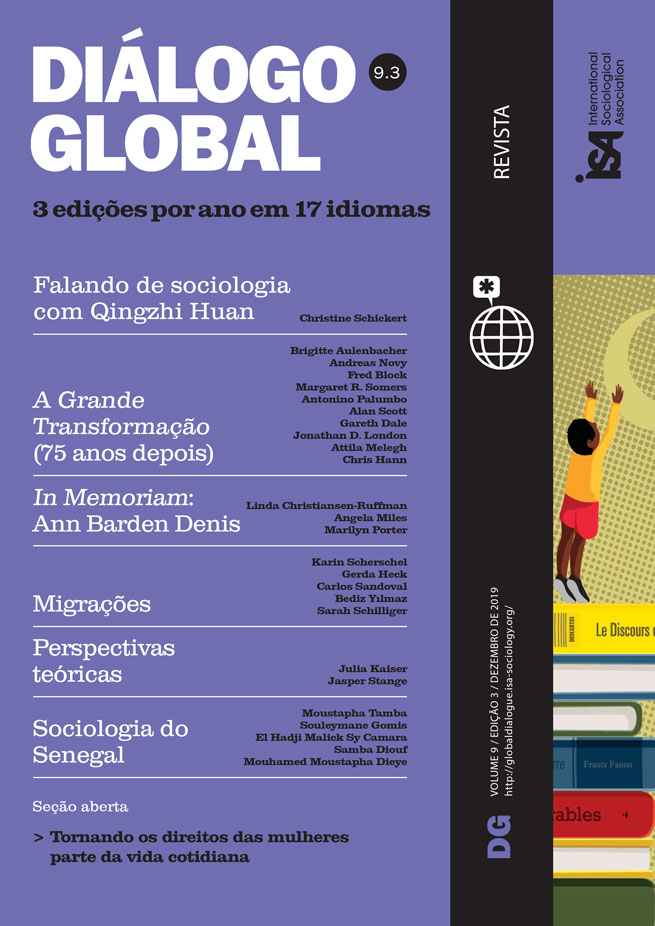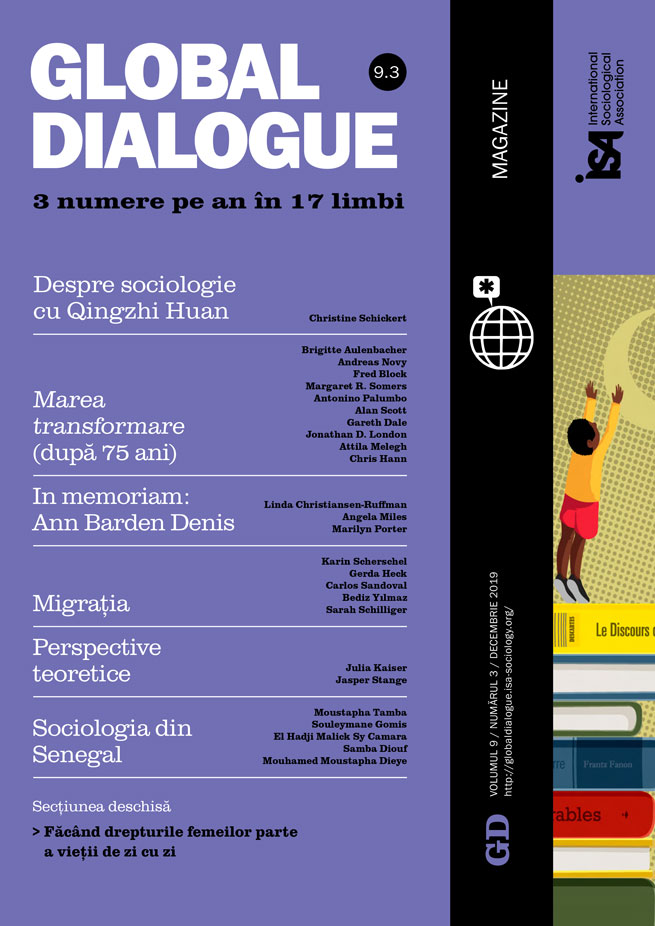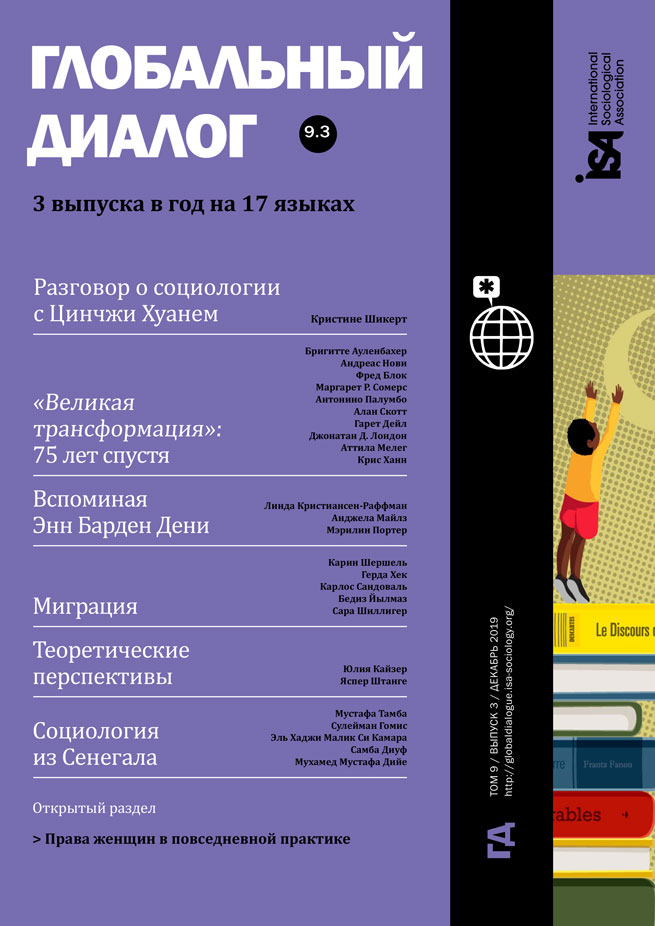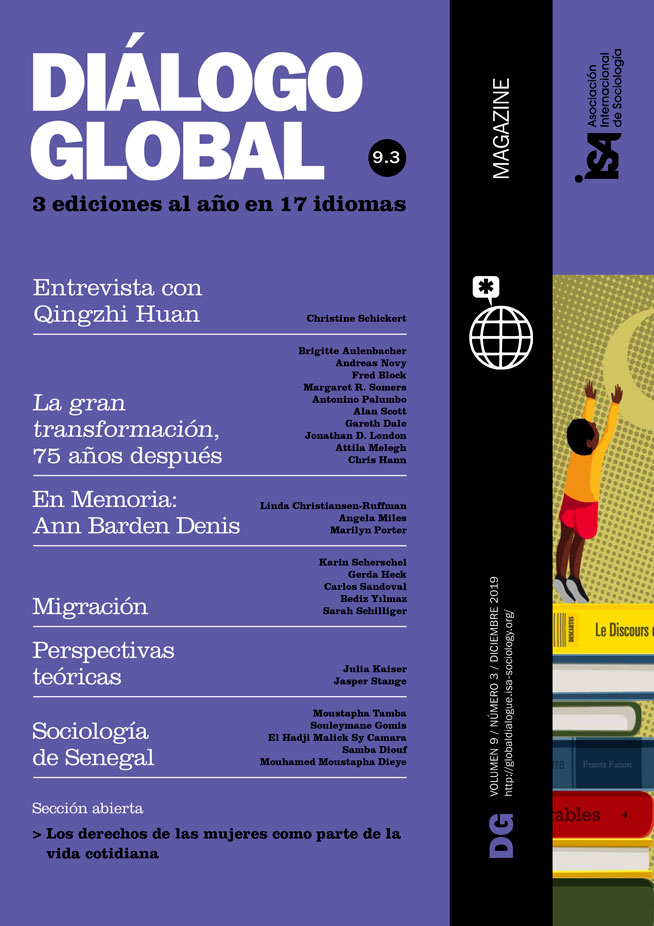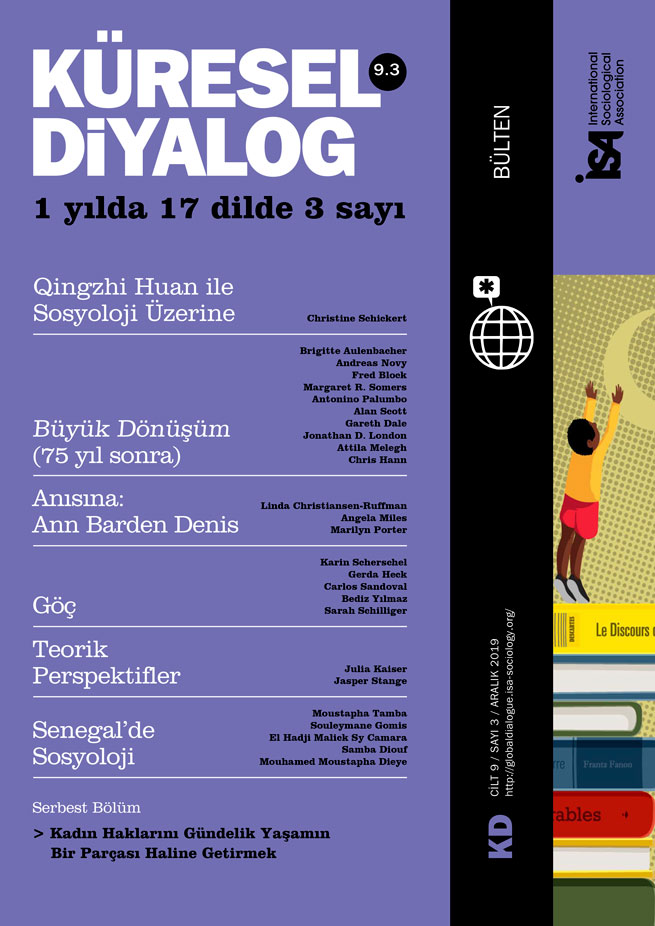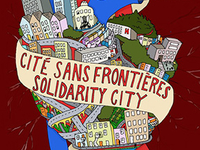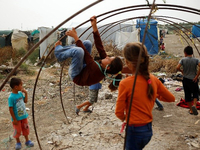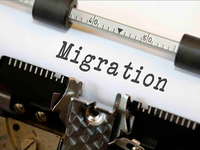European Imaginations and African Mobility Realities
October 25, 2019
During a summit of African leaders hosted by German Chancellor Angela Merkel in Berlin in October 2018, she introduced a new 1 billion euros development fund to tackle unemployment in Africa, a problem she said is spurring the “mass migration” from Africa to Europe. This points to two myths, still dominating the European discourse on African migration: That most Africans who migrate overseas are poor, uneducated, or semi-skilled, and that Africa is a continent of mass exodus. Europe seems to suffer from historical ignorance regarding its own emigration towards the African continent as well as its colonial legacy. And yet this colonial legacy and complicated relationships with African countries have a dominant impact on Euro-African migration policies and the discourse around them.
A historical glimpse into Euro-African migration reveals a neglected history. During several periods of the last two centuries, the African continent has been a “safe haven” for thousands of refugees and economic migrants from Europe seeking refuge and/or a better life on the continent. In the second half of the nineteenth century, Russian Jews fled anti-Semitic pogroms to Egypt, while Greek and Italian day laborers sought work in the construction of the Suez Canal. During World War II more than 40,000 refugees from Poland, Greece, and Yugoslavia sought shelter in refugee camps in Egypt, Palestine, and Syria. Others went to Tanzania, Kenya, and Uganda.
European migration control
Controlling the movement of bodies globally has become one of the most prevailing political issues of the beginning of the 21st century. Responding to the arrival of nearly 800,000 refugees in summer and autumn 2015, in November 2015 the European Union set up the “EU Emergency Trust Fund for Africa” (EUTF for Africa) earmarking 3.4 billion euros to fight “the root causes of irregular migration” (European Commission 2017). EU leaders started to work intensively with countries all over Africa, tying development aid to countries’ willingness to accept returnees from Europe and offering fresh assistance in exchange for pledges to confine migratory movements.
This is nothing new. Since the end of the 1980s, the EU has developed a number of tools and activities to tighten its immigration and visa policies. Accordingly, the list of countries whose citizens require a visa to enter the Schengen area was approved based on the criteria of possible risks of irregular immigration from those states. Currently the highest rejection rates globally can be found in some African countries. In 2014-2017, 45% of visa applications in the German embassy in Yaoundé, Cameroon were denied.
Furthermore, controlling borders and migrants’ mobility has been a matter of negotiations between the EU and neighboring countries in Africa since the beginning of the 2000s. From 2004 on, there were several agreements between Libya and Italy to stem migration from Libya, which resulted, for example, in deporting people arriving on the Italian island of Lampedusa back to Libya, where they were detained in extraterritorial camps. In 2008, Italian Prime Minister Silvio Berlusconi concluded a “friendship, partnership and cooperation agreement” with Muammar Gaddafi. For years, Libya had demanded billions worth of reparation payments for Italy’s colonial crimes. Italy now promised the construction as well as financing of a Libyan coastal highway, paying 250 million dollars annually for a period of 20 years. In 2011, with the revolution and because of NATO’s intervention on the side of the Libyan rebel movement, Gaddafi terminated the cooperation with Italy, and in turn sought to use migration as a weapon against the EU, with police units still loyal to him forcing many migrants who never wanted to travel to Europe onto boats.
In the aftermath of the Arab spring in April 2012, Italy and Libya agreed to restart their collaboration on migration control. On 2 February 2017, Italy once again agreed to work with Libya’s military and border control forces “to stem the influx of illegal migrants,” thereby preventing migrants – as well as refugees – from reaching Europe. Since then, the Italian government and the EU have provided the Libyan Coast Guard with boats, training, and other assistance to patrol the sea and pull back refugees and migrants trying to sail to Europe, and nearly 38,000 people have been intercepted by the Libyan Coast Guard and taken back to Libya’s detention centers.
Already in 2015, an overarching network of agreements between Europe and African countries regarding “migration management, readmission agreements, and border controls, which are closely linked to development aid and the pledge for more visa allocations” gradually covered North, West, and East Africa. With the EUTF for Africa, the shift in focus towards activities on the African continent is accompanied by a new discourse that suggests that the “evil” of unregulated cross-border movements can be tackled at its roots. 63% of EUTF funds go to development projects, 22% to projects focusing on migration management, and 14% to security and peace-building measures. Thus most EUTF funding goes to European national organizations. For Germany, one of the partners implementing the EUTF is the GIZ, which in East Africa, for instance, is responsible for the “Better Migration Management” program. The organization has been highly criticized by various human rights organizations for its collaboration with former warlords in Sudan.
African realities
The effects of the EUTF for the African continent need yet to be researched. But the ways the EU tries to keep pressure on African governments to guard their border outposts and accept returned deportees can be seen as another chapter in a long history of simultaneously interlaced and unequal trajectories between the two continents, produced by power inequalities, colonial domination, exploitation, and racism. At the same time, African governments are not merely passive victims of Europe’s externalizing endeavors, as these regulations are flexibly negotiated. Furthermore, we know from years of research that migration movements cannot easily be stopped by border control.
In fact, Asmita Parshotam (2018) shows that Africa is the least migratory region in the world, and the majority of international migrants from Africa remain on the continent. In 2017, 19.4 million international African migrants, plus 5 million international migrants from outside Africa, resided on the continent. According to the UNHCR, countries as Cameroon, Chad, the DRC, Ethiopia, Kenya, Sudan, and Uganda hosted one third of the refugees globally (4.9 million refugees). Although the number of African migrants living outside the continent has increased from 6.9 million in 1990 to 16.9 million in 2017, such statistics hardly correlate with the images portrayed in European media of migrants arriving on European shores.
In addition, not all of these migrants live in Europe. For instance, more than 80% of Egyptian migrant workers are employed in the Gulf countries, like Saudi Arabia, Jordan, and Kuwait. And more migratory ties have emerged recently between Africa, Latin America, Asia, and the Gulf states. Within the last 30 years, African migrant communities have also emerged in Guangzhou, Hong Kong, Dubai, and Istanbul. These migrant networks are strongly connected to the high mobility of African traders, who commute back and forth between the continents. Although Europe is not irrelevant, it certainly does not merit the central place it occupies in the popular discourses and academic work which frame African mobilities. Indeed, Europe has extensively invested in knowledge production in order to govern African migration movements, not only at Europe’s borders, but also on the continent itself. In response to this, philosopher Achille Mbembe recently advocated for an African continent without borders. In response to the overarching migration control attempts by Europe within Africa, he argues, the next phase of Africa’s decolonization should involve granting mobility to all its people and reshaping the terms of membership in a political and cultural ensemble that is not confined to the nation-state.
Gerda Heck, The American University in Cairo, Egypt <gerda.heck@aucegypt.edu>

